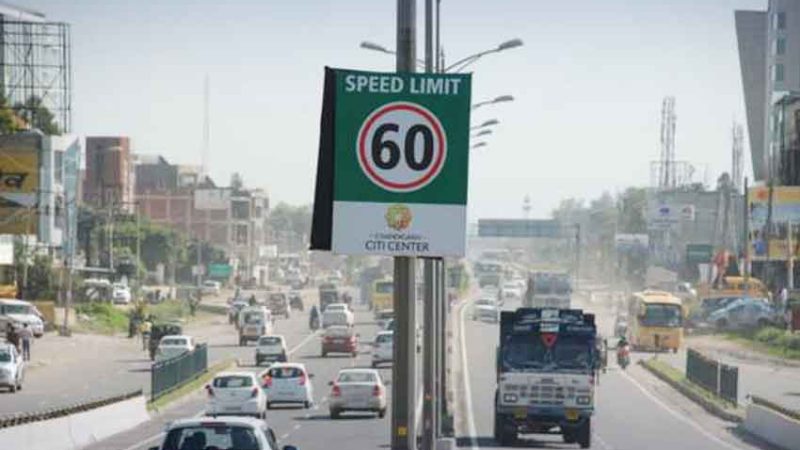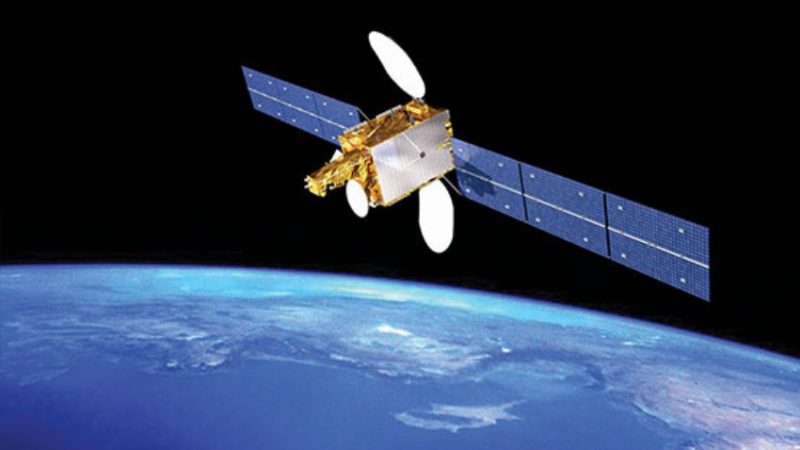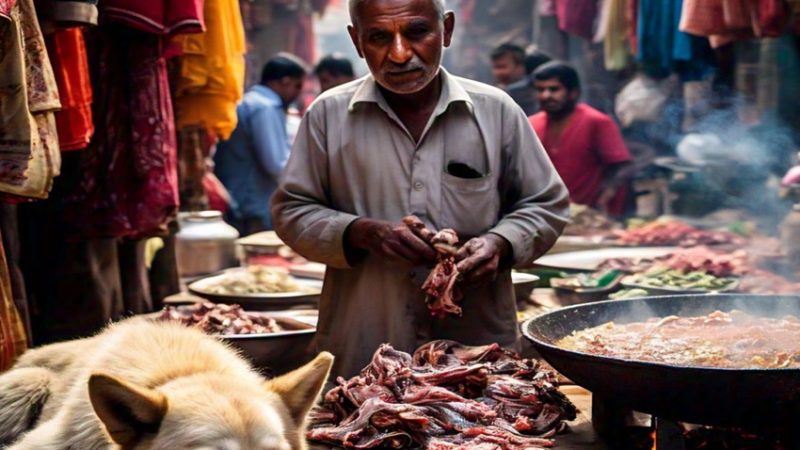A budget for an election before the election?
The fiscal year 2022-23 budget is expansionary in nature, despite a constrained fiscal and external environment that will only increase deficits and financing needs unless there is some relief on the external front.
An expansionary fiscal policy and a contractionary monetary policy remain incompatible. Nonetheless, the budget recognizes that the country must break out of a boom-bust cycle and increase reliance on export-oriented growth through increased competitiveness — a welcome departure from the usual emphasis on import substitution.
The government intends to achieve 5% growth without increasing the current account deficit in the coming fiscal year, which will be difficult given the current global macroeconomic scenario and elevated commodity prices.
An inflation rate of 11.7 percent is also being targeted, which is extremely optimistic given that the recent increase in fuel prices has yet to be fully captured, and that the second-round effects of inflation will continue to shape up in the months ahead.
As global commodity prices remain elevated, meeting the target will become increasingly difficult, if not impossible, unless commodity prices crash, which appears highly unlikely for the time being.
The export target is estimated to be $35 billion, which will reduce the overall current account deficit to 2.2 percent of GDP – a very ambitious target that also assumes import contraction, which has rarely occurred in the last twenty years.
However, more clarity is required.
The allocation for the Public Sector Development Program (PSDP) is Rs800 billion, up from last year, implying an expansionary fiscal stance despite a contractionary monetary policy. This implies the implementation of major infrastructure projects, such as Pakistan Railways’ MainLine-1 (ML-1) project, which will improve connectivity throughout the country. The high impact laptop scheme, which had a significant employment and revenue multiplier, is also back, with Rs17 billion allocated to support IT infrastructure in the country, essentially laptop distribution.
Eight million of the most vulnerable households will receive direct cash transfers of Rs2,000 per month in lieu of fuel subsidies, avoiding market distortion while also ensuring soft lending for the most vulnerable.
Benazir Income Support Program (BISP) allocations have been increased.
An additional Rs17 billion has been set aside for price reductions at Utility Stores and the Ramzan package.
The budget speech also states unequivocally that allocating capital to non-productive sectors such as real estate reduces the incentive to take risks in entrepreneurship, resulting in lower capital formation and rising real estate prices that make housing unaffordable for the vast majority of the country. It is critical that such a lopsided structure be repaired.
According to the budget, the government’s policy will now place a greater emphasis on vertical growth. The budget also introduces the concept of deemed rental income, which requires individuals with more than one property in their name worth more than Rs25 million to pay a tax of 1% of fair market value.







